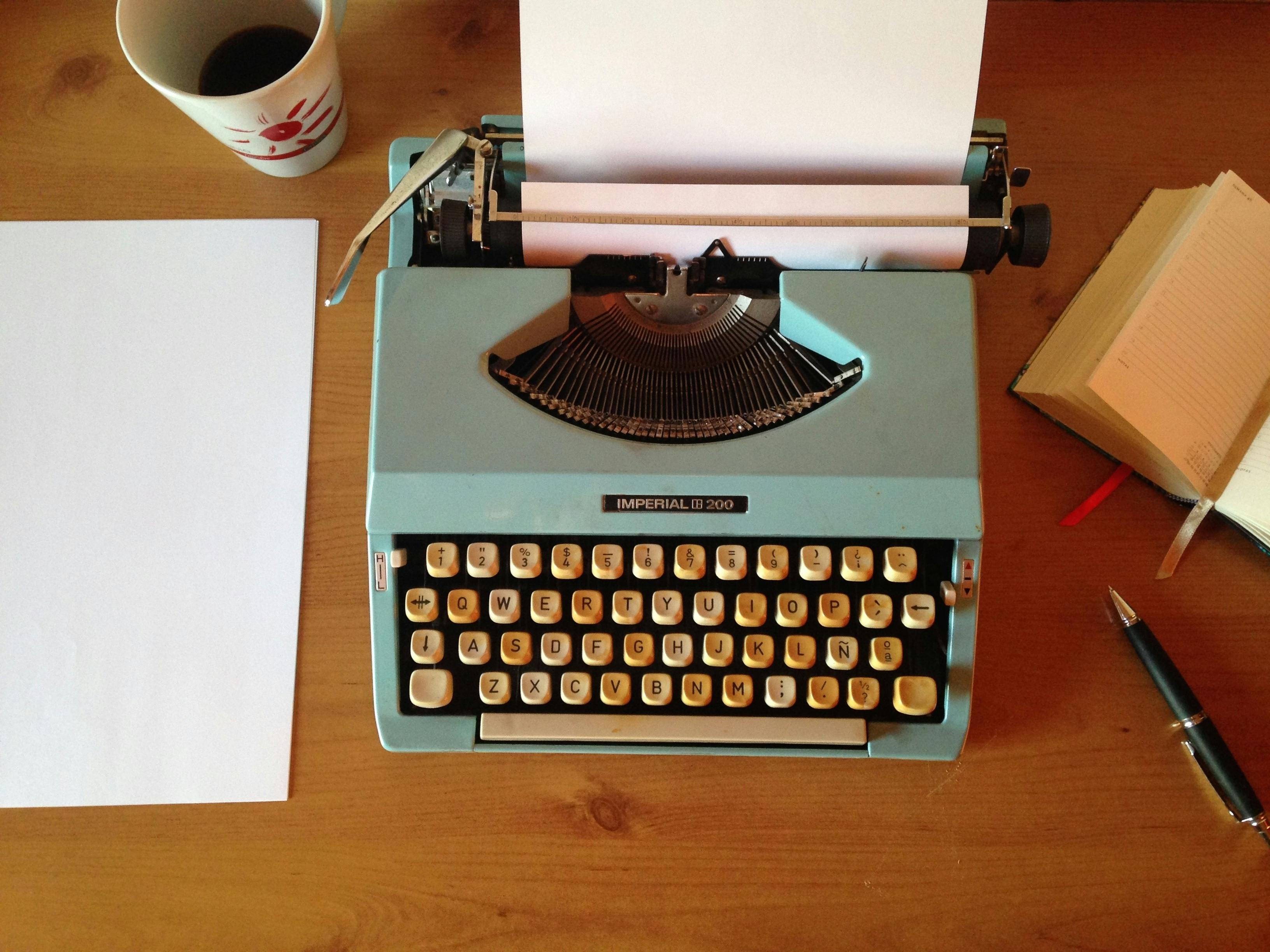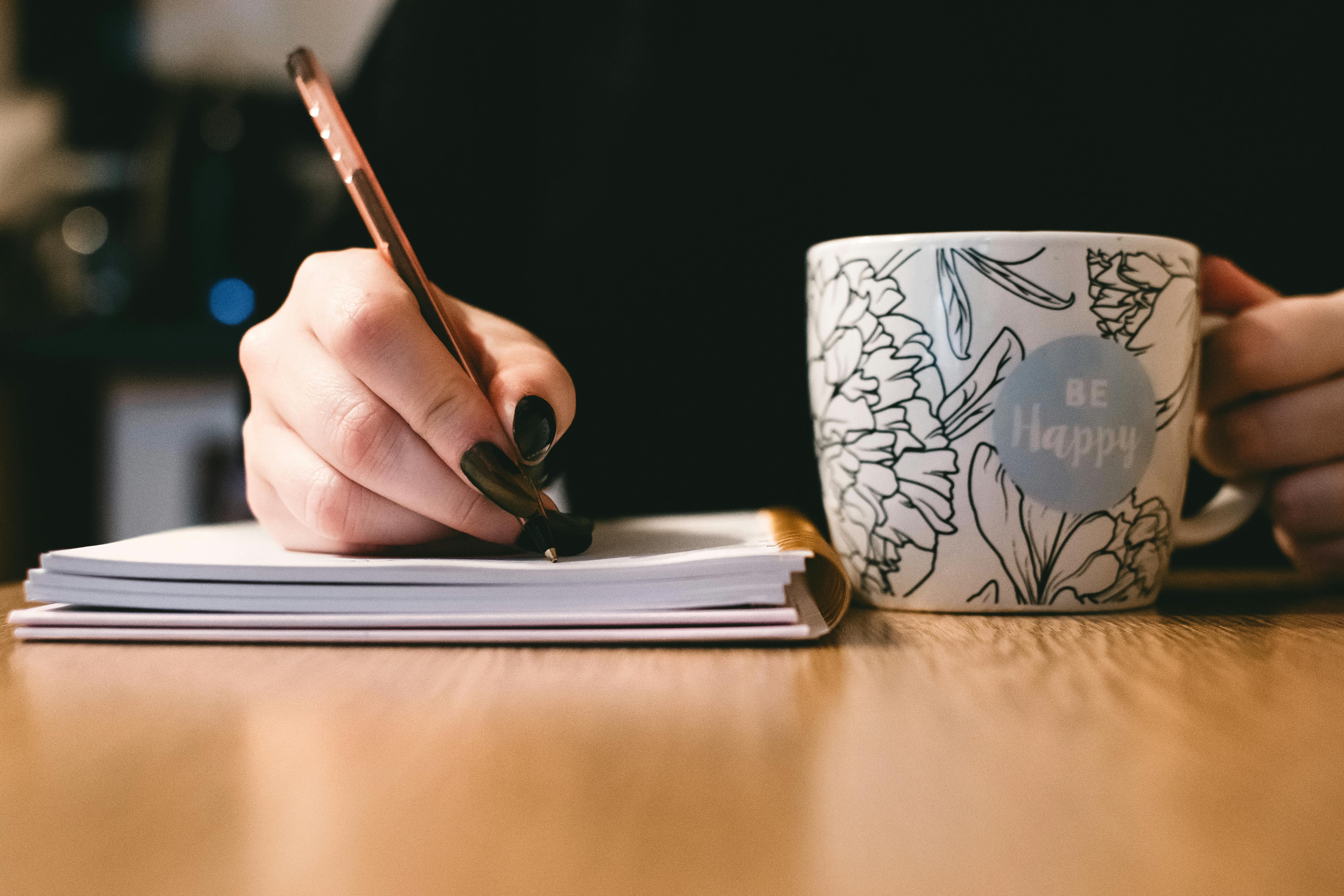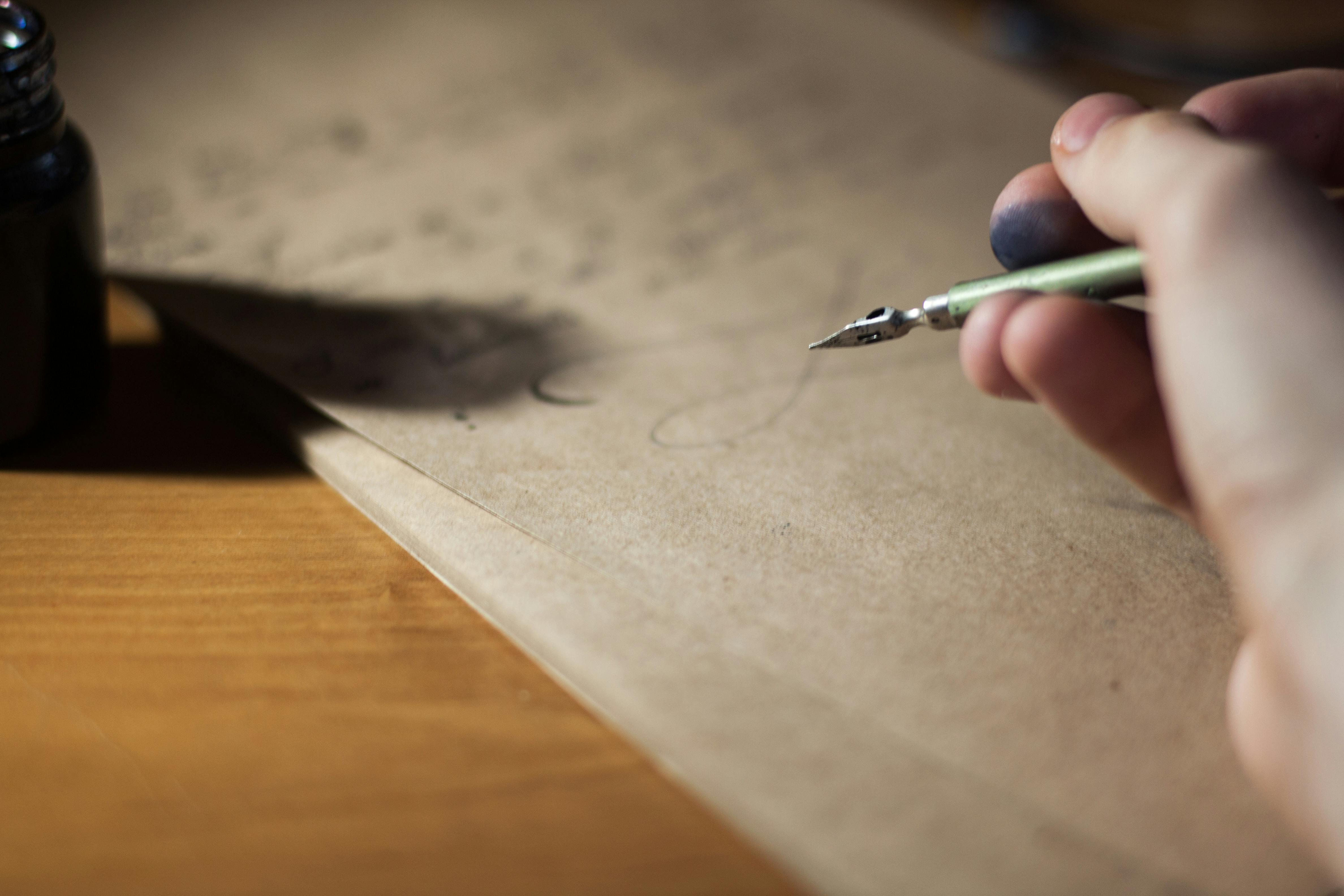When we tell a story, there is a context for it. Before the story, a story; after a story, one more. Lacking context is awful, difficult—the dull axe with which a story, a punchline, dies before it ever really had the chance to live.
*
In 2016, a few months before it happened, I was in the women’s compartment on a local train in Mumbai. The women around me were reading, watching videos, immersed in their own worlds. Perhaps some were talking, but I don’t remember that. I remember, instead, that contextless, they would sometimes burst into a rehearsed song on the way to work. None of these women knew each other, except that they were the faces they met in between their home, and job. They were the faces they met as women, and only that, in the rare liminal space where relation does not exist. I can’t even say they were really friends—what do you call someone you simply see and sing with, every day?
That day, it was quiet, and I was wedged between two women. I grew smaller in the seat, a hunger burning in my stomach. I had eaten, but it hadn’t been enough, and I hadn’t want to ask my Maami for more when my Maama was running late. I would eat later, outside Maker Chambers—a sandwich, like an Office Going Person. I held myself tighter, because it hit me suddenly that what I was feeling wasn’t hunger at all. I started crying. I looked down at my lap, desperate that no one would see me. It wasn’t that I was embarrassed of being seen, it was that I was embarrassed that I would be seen, and whoever saw me would look away. Or worse, if they saw me, they would peer closer, to confirm that I was crying. Even worse, they may ask what was going on. And when I said “nothing”, it would be the worst of all, because it was the truth.
It was piteous, crying without reason. Surely, none of these women did that? If you were crying on public transport, unprovoked, surely there was a reason? A context?
*
A few months later, I was lying with my head on Vrinda’s lap when I told her I wanted to erase being. It wasn’t like I wanted to die, not at the time, but I wanted to not have been born. To start afresh. To scrap the semi-finished draft I was. My predicament was the premise for so many feel-good films that were focussed on telling you that your life matters, that somehow your presence at that moment in time may have prevented disaster befalling on the lives of others. That there is a reason that you are here, that you matter.
It’s a Wonderful Life, for example. In a perverse way,
The Butterfly Effect. Films that I wouldn’t watch because of the triteness of it all. The triteness of saying, “You matter. You are here. And you are important.” The triteness of crying because of how much you need to hear it. I knew it I saw my own predicament, a girl on the public transport crying quietly, I would cringe, embarrassed by the triteness of it all.
*
That summer I was in Mumbai, travelling, like an Office Going Person, because I had written a very enthusiastic email to Sanctuary Asia. I told them I love animals and I love writing; would they have a place for me? They did.
I spent that summer of not-yet-nineteen, travelling from one end of Mumbai to the other. To look at animals. I spent hours, cataloguing, tagging, archiving the images and stories—the evidence—that people could wage love and war and care and revolution, for something greater than themselves. I read stories of men (it was mostly men) who spent days knee-deep in mud, to photograph hatchling tadpoles. Men who had spent ten summers in Kanha, for a glimpse of Munna, the tiger. Then there were people like Purva, my editor, who would find dead moths by her window, and put them under the microscope, and take pictures. To show that the evidence of life exists when we aren’t even alive.
*
Elephants live in all-female herds, communicating in frequencies indecipherable to humans. These low-frequency infra sounds travel over ten kilometres, audible only to the herd. In company, they communicate by touching the tip of their trunks together, to express care. When an elephant calf is born, finally standing on its wobbly feet, the elephants trumpet loudly, audibly, celebrating new life. I think of my mother, who calls me, thousands of miles away and says “Is something wrong? I know in my heart that you aren’t feeling okay.” I think of holding hands with Vrinda through two hours of Psychology, for no other reason than that we could. I think of how my mother’s eyes light up when she sees a baby video, how she makes cooing sounds to a child who can’t hear her.
*
In February 2009, Brijendra Singh spotted a herd of elephants in Corbett National Park. Brijendra Singh had spent most of his life chasing animals in Corbett. He knew all the animals by heart, and could identify the elephants from a distance. Through his binoculars, he saw Holi, a young elephant with a bullet hole in her ear, possibly from being shot. Holi was standing unsually still, as the matriarch of the herd touched her head with the tip of her trunk, slightly caressing her wide ears, and then her eyes. At Holi’s feet was her dead baby.
“How the little calf had died is any one’s guess – but, he had died a few days after birth”, Brijendra Sigh wrote. In a while, the herd had moved ahead, leaving Holi in her private grief. Holi watched her baby, dead. She stepped back. She was standing in between life and death, in between the herd calling to her, and the life that she had created taken away, dead.
Elephant babies communicate with their mothers through touch, scent and sound. As the babies are born nearly blind, they hear for their mothers, waiting for her cooing, her touch, before they can find their feet. Because they are very small, they stay under their mothers’ bellies when the herd moves, finding comfort in the shadow of their mothers. Or they use their floppy trunks to grab their mother’s tails and follow her. Her baby, dead.
In one fell swoop, Holi moved ahead and picked up her dead baby, new and young enough to fit in her mouth, and turned to join her herd.
*
Where does one begin, and where does one end? We carry collective trauma, environmental trauma, as though all of life is a continuous process in grieving. We walk into a room and grief descends. Empty chairs, a metaphor. Half-finished coffee, a metaphor. Dust gathering on table-tops, a metaphor. We leave the room, weeping.
No one talks on the train. I think of a fight I overheard the previous night. I think of my cousin telling me he just wants to have a friend. I think of the grandmother I love, sitting on a swing, telling me that my feminism will fade in time. I think of Holi, carrying her dead baby. I cry. Nothing is wrong, but what do we do with this grief—the elephant that is in every room we will ever walk into?
*
“You matter. You are here. And you are important”. When my mother tells me, I laugh. Of course she thinks that. She’s my mother.
Elephant mothers imprint on their babies immediately. It doesn’t take much, mere wobbly-feet existence, and mothers fall in love. This love is biological, meant to ensure the protection of the elephant calf the perpetuation of the species. But if this love is like a switch that turning on, at birth, why is it so hard to turn off? This love which encumbers biology, which encumbers survival.
Desperate to keep her dead baby safe in her mouth, Holi refused to eat. Her dead baby was a natural lure for animals seeking easy prey, which meant that Holi and her herd were especially vulnerable to the predators. And yet she held on, carrying her baby, refusing to let go. The herd has slowed, putting other babies at risk. Yet the matriarch simply comforted her, as Holi carried her child. Brijendra Singh wrote that this was unnatural, unheard of, almost un-biological. Yet it happened. In living, grief transcended survival.
*
I sometimes wonder what if I had cried openly. Would the women hold my hand, tell me whatever it was, it would be okay? Would they understand this silent sadness, would they cry for Holi, would they tell me about their dead babies, the ones they carried in their hearts? In other words, would they understand my out-of-context sadness? In other words, would we—will we—without knowing each other, sing together?







